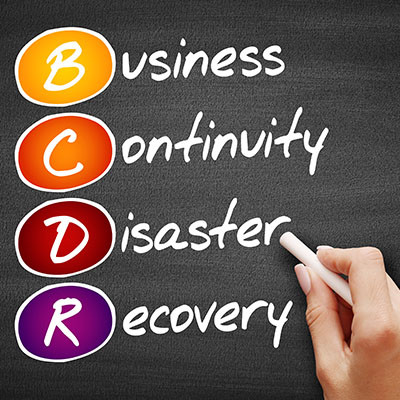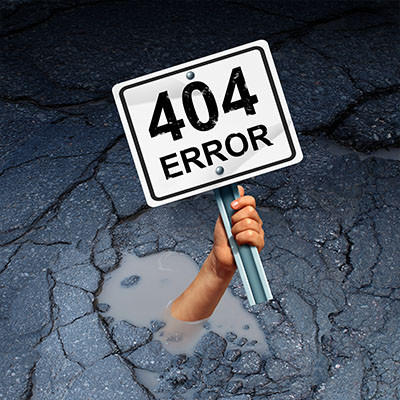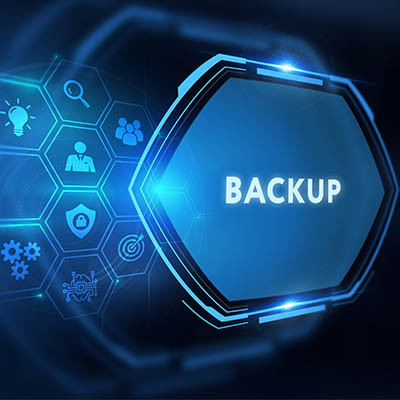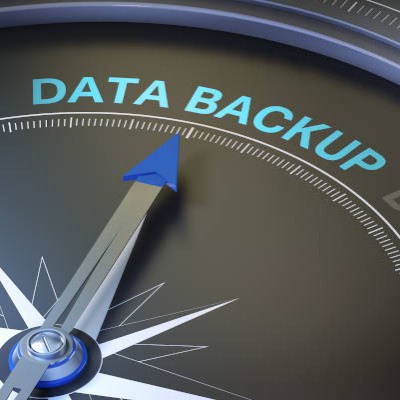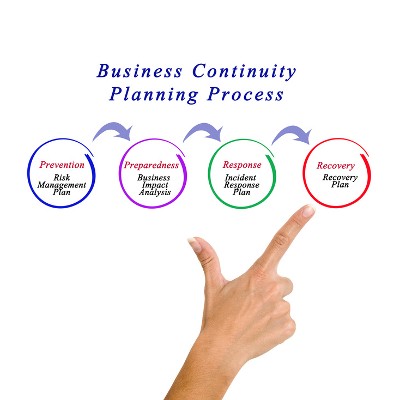If you’ve spent any amount of time around us, you’ve probably had the importance of data backup and disaster recovery preparation preached to you—probably more than once. However, as closely associated as the two are, they are not the same. Let’s explore the critical differences between these two processes so you can be fully prepared to attend to both.
USA Computer Services Blog
Businesses these days rely on technology to keep themselves running, and without it, their ability to function can be compromised. Whether it’s a natural disaster or a cyberattack against your organization, you need to be prepared for catastrophic failure. What does this type of failure look like and how can you prepare for it?
Data backup is something that all businesses need in some capacity. The reasoning for this is simple: you can never predict the future, so your business’ life is never guaranteed… unless, of course, you plan for the worst. Today we want to share with you some best practices as they relate to data backup and disaster recovery, practices which we hope will give you the confidence that you can recover from even the worst-case scenarios.
We often use the term “redundant” to describe technology, and it’s easy to see this word and think about it in a negative way. However, in business technology, the exact opposite is true, and redundancy is widely seen as not just an important component of any successful IT strategy, but a critical one. What does redundancy mean to your business technology, and how can you make sure you implement it in the appropriate way?
One of the best investments you can make in your IT infrastructure is implementing a data backup and disaster recovery solution. Not only is it a crucial part of any business continuity plan, but it also helps to future-proof your business in the event of a potentially disastrous scenario. There are three big reasons why you should consider implementing data backup and disaster recovery, and if you fail to do so, you are putting your company at risk for no real reason.
Business continuity is an incredibly important part of running a business, but some smaller organizations underestimate just how crucial it is in the event of a disaster. Although FEMA estimates that more businesses are taking advantage of business continuity than ever before, not enough are. Business continuity is something that must be planned for, practiced consistently, and updated as needed. Does your business have a business continuity plan?
Data backup is something of a conundrum for many small businesses. The classic mindset is that they don’t think they need data backup because there’s no way they’ll be struck with a data loss disaster. Their office may not be located in a place prone to natural disasters, and the organization is so small that the assume they are off the hook when it comes to hackers. This doesn’t reduce the value that a good data backup system can offer, though.
If there’s one concept that every business owner needs to be intimately familiar with, it’s business continuity. Boiled down, the concept tackles the question of how your business will carry on after a disaster situation has struck. While a business continuity plan is by no means a simplistic document, there are a few key points that all businesses should focus on.
The search for the perfect way to handle a data loss disaster has led many businesses to implement data backup and disaster recovery solutions, but the most challenging part of doing so is finding a solution that can minimize data loss and recovery time. Furthermore, there’s a specific need to understand the difference between data backup and disaster recovery, as the two are certainly not the same thing.
These days, businesses practically expect disaster. With so many high-profile hacking attacks in the news, people are paranoid and fear for their data. Yet, even more businesses don’t fear enough, which can lead to unexpected data loss from hackers, natural disasters, and even user error. As a business owner, it’s your responsibility to ensure that your organization is prepared to handle disasters of all kinds.

